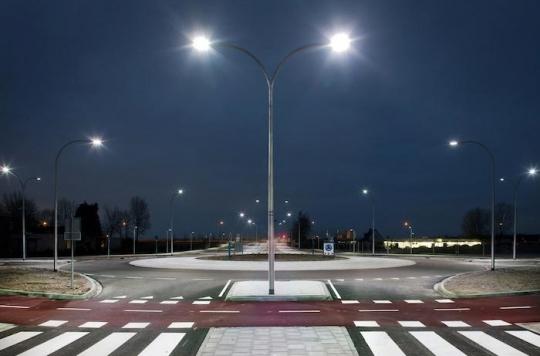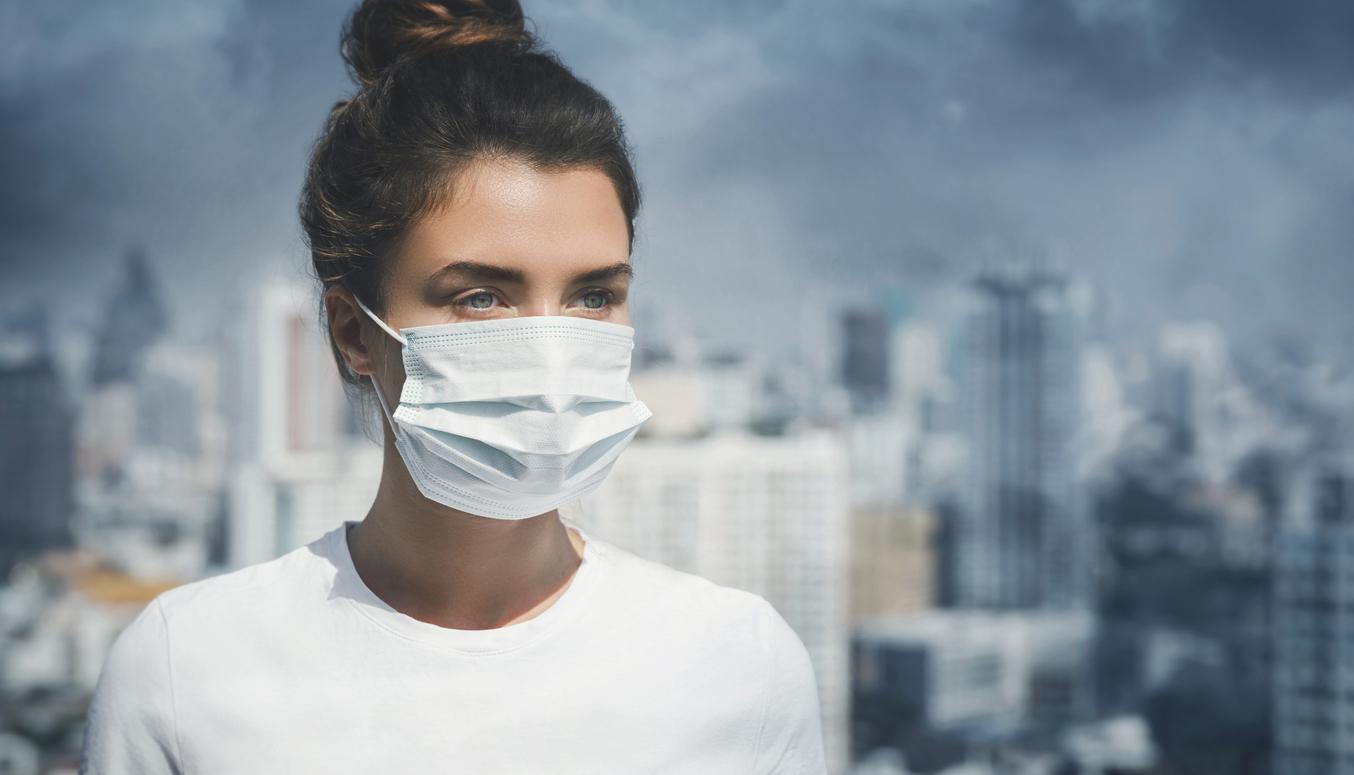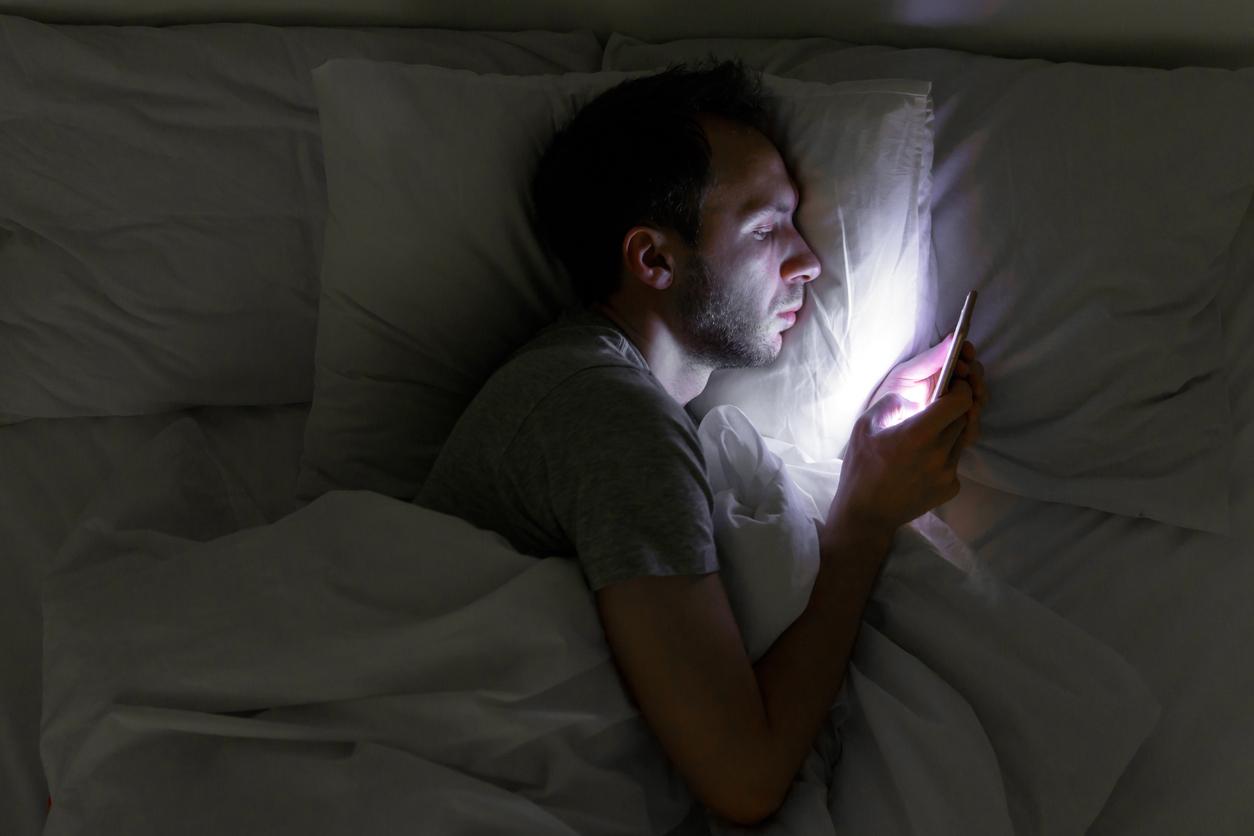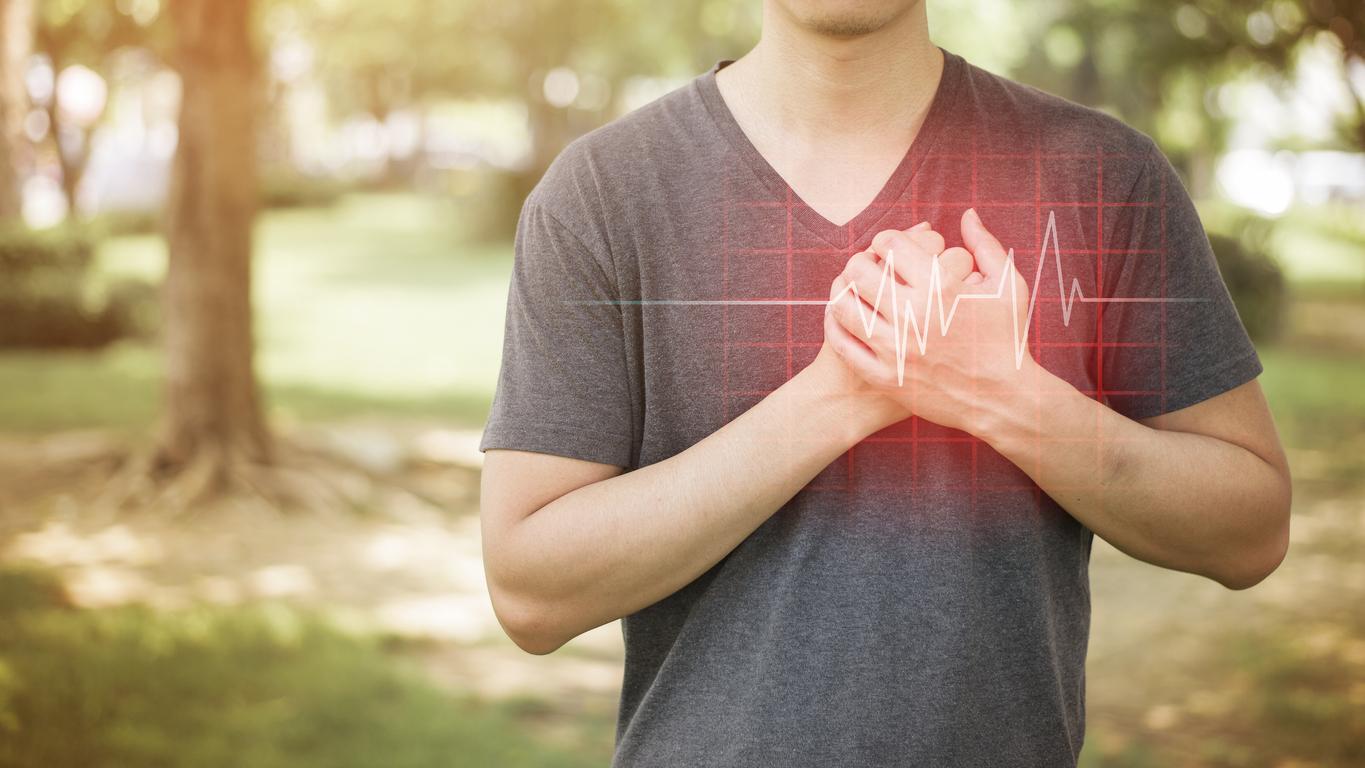Older people who live in cities sleep less well because of outdoor lights. Scientists speak of “light pollution”.

For the first time, a study demonstrates that city lights trigger insomnia. This “light pollution” was brought to light in South Korea, thanks to an evaluation of the consumption of sleeping pills by the elderly.
Increasing levels of nocturnal exposure to outdoor artificial light have been associated with an increased prevalence of prescriptions for hypnotics (sleeping pills) in the elderly, consumed in high doses over too long periods of time. “Our results confirm that outdoor lighting could be linked to sleep deprivation,” says Kyoung-bok Min, research director (Seoul National University College of Medicine).
Satellite mapping
The cohort included 52,027 people aged 60 or older, about 60% of whom were women. 11,738 (22.6%) of them were taking hypnotics. The two most prescribed drugs for sleep disorders were zolpidem and triazolam, accounting for 63.2% and 30.4% of prescriptions, and constituting 93.6% of total sleeping pills consumed. The light exposure assessment was based on satellite mapping.
“To ensure that the data was representative of the South Korean population, the cohort was constructed using random sampling based on age, gender, residential area, income, and annual medical expenses,” it said. the scientists.
The length of an ideal night
Researchers from the Onassis Cardiac Surgery Center (Greece) have just established that the length of an ideal night should be between six and eight hours of sleep. Short sleepers (less than 6 hours) have an 11% increased risk of developing or dying from coronary heart disease and stroke.
Another cohort of 3,974 adults, presented by the Spanish National Center for Cardiovascular Research (CNIC) in Madrid, also showed that people who slept less than six hours a night or who awoke repeatedly during their sleep developed more asymptomatic atherosclerosis. Middle-aged men who sleep less than five hours a night also double their risk of serious cardiovascular disease, according to the Swedish University of Gothenburg.
Serious physical and psychological consequences
Chronic sleep deprivation has also been associated with weight gain, obesity, the contraction of infections, the development of breast and prostate cancer (hormone-dependent), hypertension and depression. “For fifteen years, the serious physical and psychological consequences of lack of sleep have now been proven. The problem is that this message has not passed on to the general public. People do not make their sleep a priority, when it should be an incompressible daily time”, laments Dr Sylvie Royant-Parola, president of the Morphée Network, psychiatrist and doctor specializing in sleep. “When you don’t sleep well over a long period, and you don’t understand why, you have to consult,” she insists.
73% of French people say they wake up at least once a night, and 36% say they suffer from at least one sleep disorder (insomnia, apnea, restless leg syndrome, etc.). Among them, only 18% are undergoing treatment.

.
















